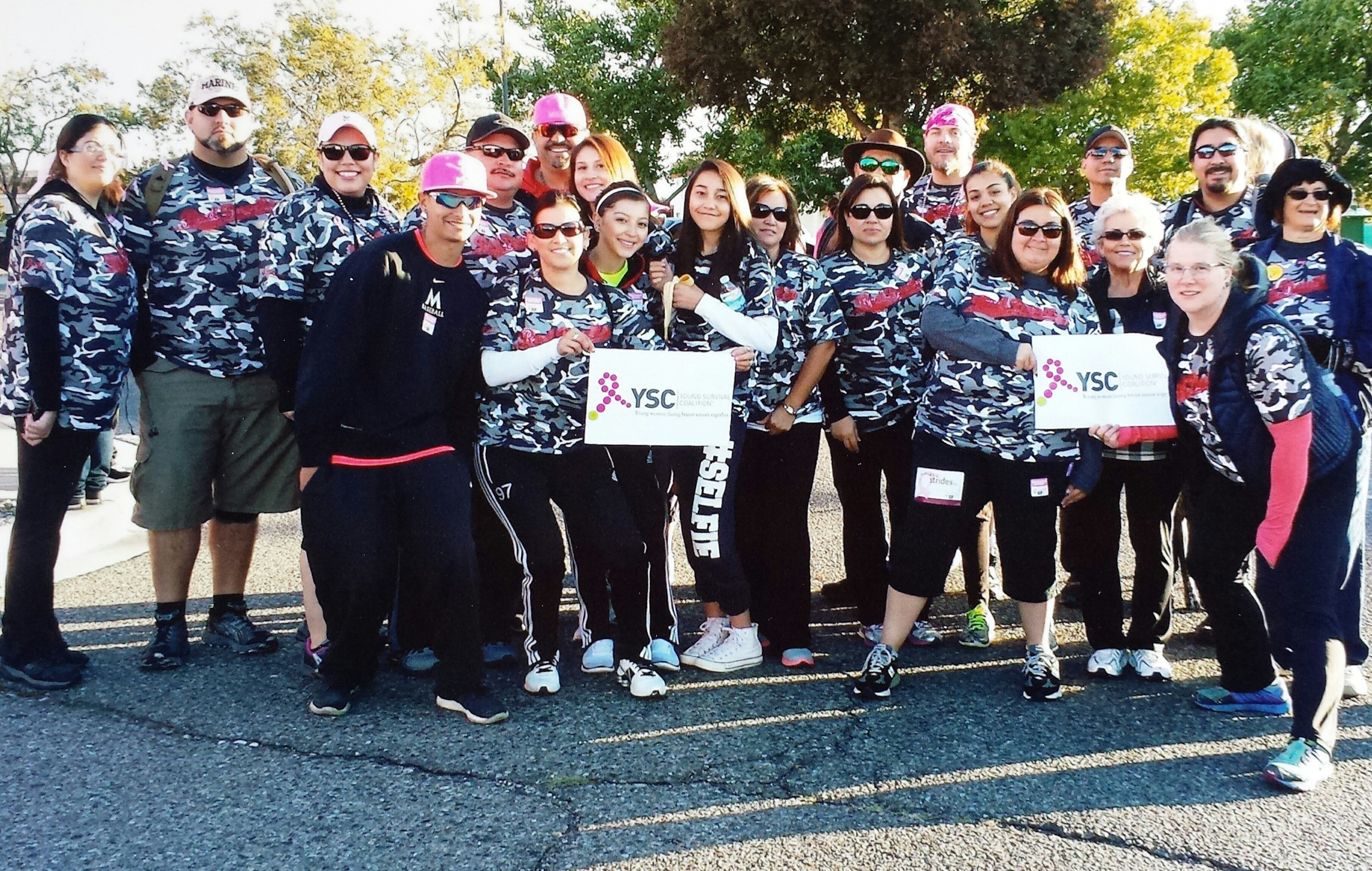
Surviving a diagnosis that shakes you to your core is not as easy on the other side as many might think. The words, “You have cancer,” are branded into DNA from that moment on. Your life is forever changed. Being a survivor means the curtain has been drawn. That story is over. However, as survivors have shared, you are never quite sure if there’s another act. “We’re told that it might come back at any time,” shares a member of the Young Survivor Coalition support group that meets at Lovelace Women's Hospital. “It's only natural to be afraid of that news.” It’s news that is played out in a survivor’s mind leading up to annual exams days or even weeks ahead. What if the worst happens again?
Coping with fear and anxiety leading up to follow-up appointments after surviving cancer is one of the many topics the Young Survivor Support Group discusses each month at Lovelace Women’s Hospital. They cover the cancer-related issues survivors need to explore, learning from others how to navigate a road they never thought they would find themselves on.
“Getting together with a group of like-minded cancer survivors has a profound effect on normalizing the experience, which in turn returns a survivor back to the sense that her experience, no matter how frustrating, is normal,” shares a survivor. “Feeling normal is crucial to feeling able or confident, and provides a foundation for healing.”
There are milestones in healing – one year, five years and 10 years or more after the last day of treatment. They mark another year of being cancer-free. They help, but don’t fully restore the feeling that everything will be OK. “All you can do is take care of yourself and hope for the best,” explains another support group member. “While I am almost six years cancer-free, it still worries me that the most common recurrences happen in the five-to seven-year time-frame.”
Survivors know the statistics inside and out. They knew what their chances of survival were and they know the risk of a recurrence. As one survivor shares, it is a reality that can be isolating even years later. “As a 10-year survivor, I'm one of the longest out in the group, yet I'm still learning through other survivors that I shouldn't feel alone in my experience with cancer,” she shares.
Finding that support each month bridges hope in between milestones, anniversaries and day-to-day wins. “I think reaching milestones should definitely be celebrated, but also just enjoying every day knowing that you beat this deadly disease is a huge accomplishment,” says one survivor. “There is so much support for women out there that we should lean on, even if it is just to go for a check-up, an appointment or an MRI. This support can help you celebrate another positive test result, exam or help support you if there is something that needs to be looked at - even if it turns out to be nothing at all or bad news. I feel that just knowing someone is there for me, if I ever needed it, is comforting and reassuring.”
To learn more about the Young Survivor Support Group, please contact 505.727.6933. Meetings are scheduled for the third Tuesday of each month at 7 p.m. The Young Survivors support group is also on Facebook and Meetup – just search for “Young Survival Coalition: New Mexico Region Face 2 Face.”




